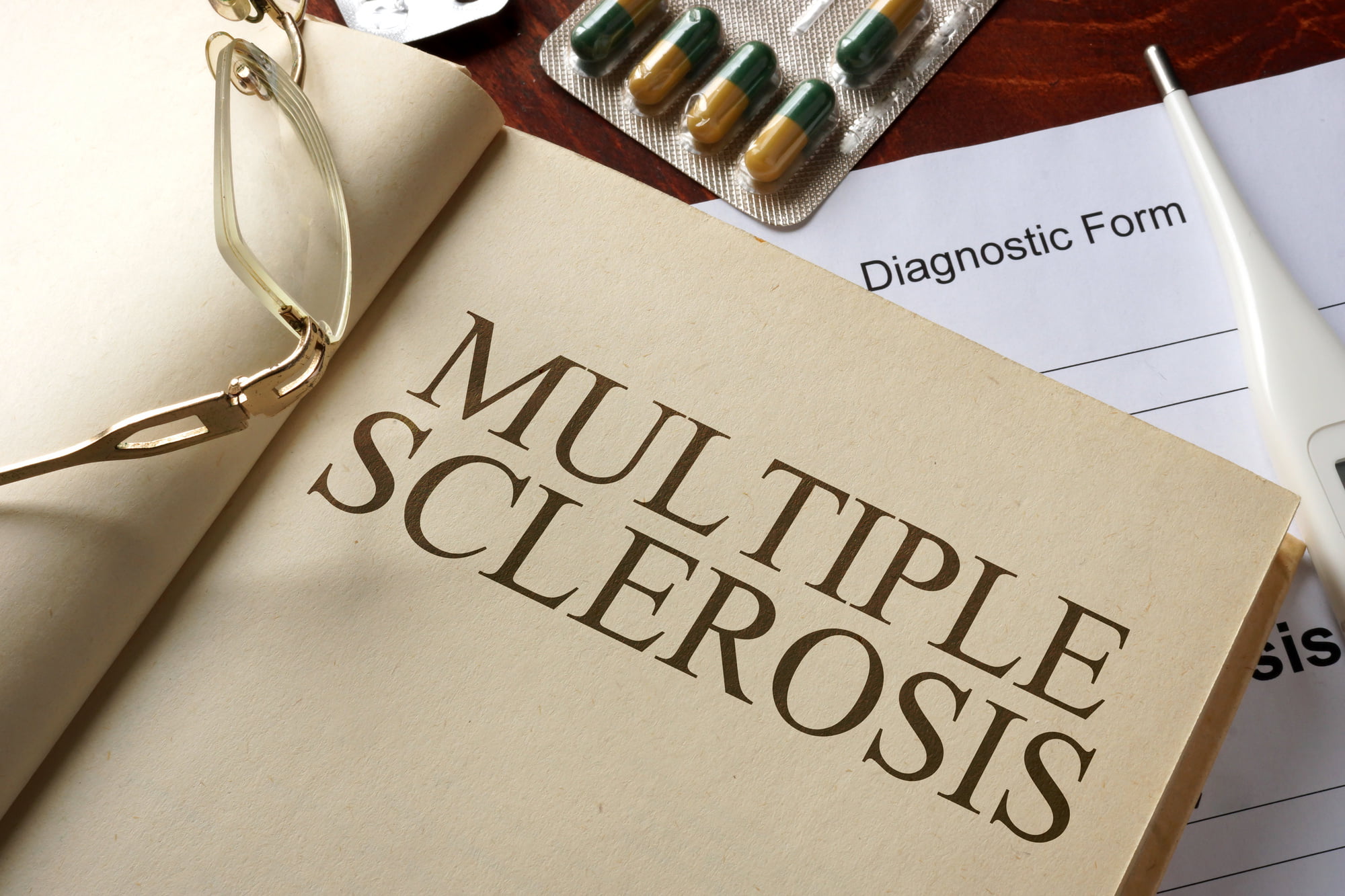According to a study funded by the National MS Society, nearly 1 million people in the United States have MS.
MS is one of the most common and notorious forms of neurological disease. It is unpredictable and unique to every individual who experiences it.
There is no known cure for MS. Promising clinical trials are underway using stem cell therapy for MS to treat and improve quality of life. Sometimes, the condition becomes too much to bear, and patients go under the knife for surgery. It often lands them in the hospital.
If you have MS and are looking for new hope, read on to learn more about the facts that you need to know about stem cell therapy for MS.
What Is Stem Cell Therapy for MS?
Stem cell therapy for Multiple Sclerosis is a treatment option for individuals with autoimmune diseases. This type of therapy involves injecting stem cells into the body. It boosts the immune system and reduces the effects of the disease.
It can grow, divide and proliferate to reduce inflammatory effects. The stem cells help repair the myelin, the protective coating that MS damages.
In addition, the progression of the disease can even repair nerve damage. The treatment can also reduce fatigue, spasticity, and heat intolerance. This type of therapy aims to boost the immune system and slow the progression of MS.
Types of Stem Cells for MS Treatment
Stem cell therapy is an emerging and promising Multiple Sclerosis (MS) treatments. It can differentiate into other types of cells and repair damaged tissue. There are several types of stem cells used for MS treatment, including autologous hematopoietic stem cell transplantation (AHSCT), mesenchymal stem cells (MSCs), neural stem cells (NSCs), induced pluripotent stem cells (iPSCs), and embryonic stem cells (ESCs).
AHSCT is a procedure in which a patient’s cells are harvested and re-injected into the body. MSCs are cells harvested from bone marrow, adipose tissue, and umbilical cord blood.
NSCs are from fetal tissue and can replace damaged myelin, restoring function to degenerated neurons. iPSCs are adult cells and can generate specialized cells for MS treatment. Finally, ESCs are from early-stage embryos to create MSCs.
Check this stem cell therapy located here if you want MS treatment according to your needs.
Possible Side Effects & Risks
Treating Multiple Sclerosis has improved the quality of life for people with MS, but they have side effects and risks. Common side effects may include abdominal discomfort, sore throat, nausea, vomiting, diarrhea, headaches, tiredness, rash, and difficulty sleeping.
Some treatments may also cause hair loss, joint pain, and swelling. Individuals should consult with their doctor to check for any side effects and discuss any issues that may arise.
Know About Stem Cell Therapy
Stem cell therapy shows promise as a treatment for MS. More research is needed to understand this therapy’s safety and efficacy better. More studies may offer a viable option for those affected by MS.
In the meantime, talk to your doctor to learn more about stem cell therapy for MS and other treatments that may be right for you.
If you find this helpful, continue browsing our blog for more MS treatment updates.









